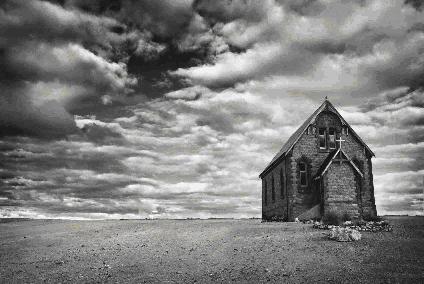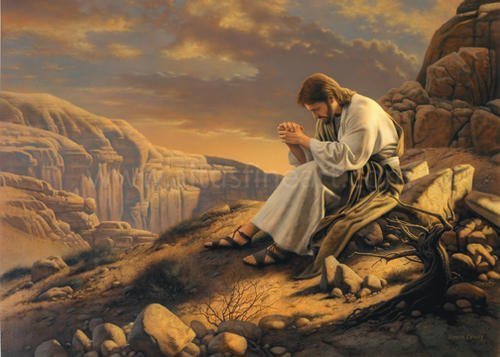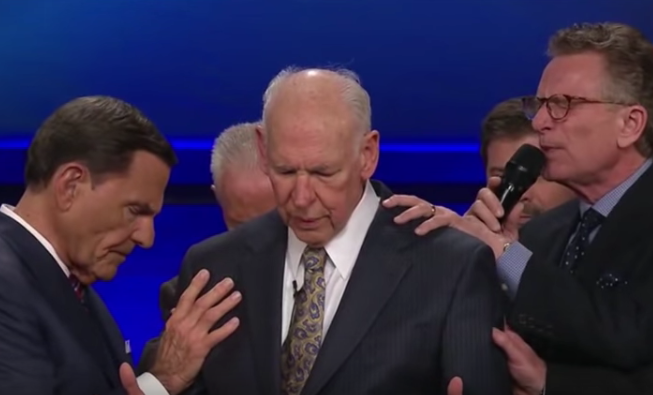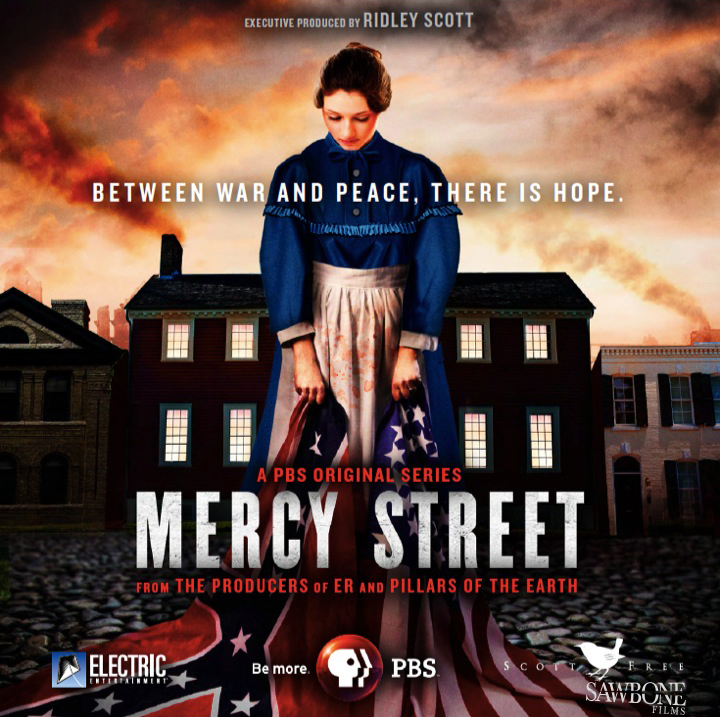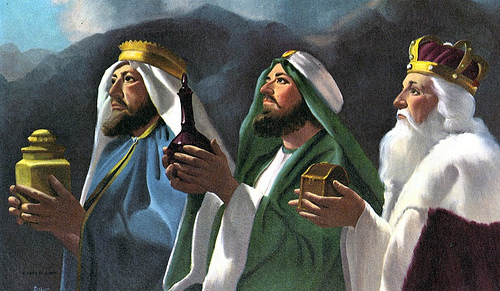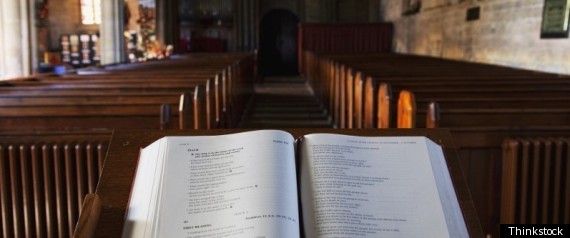
I have begun a rather series study of the writings of Bishop John Shelby Spong. Bishop Spong’s weekly column continues to provide so very much wisdom. Recently Bishop Spong responded to a reader’s question about “atonement” and the nature of God. Bishop Spong is succinct, insightful, wise and inspirational in his response. If you don’t subscribe to his weekly column, you can find the details here
Question:
God is defined as an Almighty being. An Almighty being does not require atonement (for “sins”). Therefore if God requires atonement as the Bible says, he is imperfect and not Almighty. Does this make sense? In other words, philosophically, the need for atonement indicates a lack of something, which detracts from the perfection which God should have. I would appreciate your thoughts.
Answer: Dear Raymond,
I don’t think that elementary equations in logic are the way to do theology. So let me start my answer by looking at your givens. “God is defined as an Almighty being.” By whom and on what authority? The traditional idea of God present at the heart of Christianity certainly tends to express this, but is it accurate? Can God ever be defined by human beings? Are the limits of the human brain able to be transcended sufficiently so that the fullness and mystery of God can be embraced and articulated? I do not think so.
I consider the popular definition of God as “a being,” who lives in a realm that is external to this world and who is equipped with supernatural power, to be not only inadequate but idolatrous. That is the meaning of theism. If theism as the definition of God becomes inadequate, then the only alternative is atheism. If, however, theism is an inadequate or even inaccurate attempt to define God, then atheism is simply a conviction that the theistic definition, not God, but the theistic definition of God, is not a proper way to understand the holy. In that sense I am certainly not a theist, but I am not an atheist either. The fact that I reject the theistic definition of God does not mean that I reject the reality of the God experience.
Your second given assumes that atonement is the experience of bringing God and human life into a state of oneness, and that somehow this is the goal of religion in general and Christianity in particular. I think atonement theology is bankrupt in that it is built upon a definition of human life as sinful and fallen and then it proceeds to portray God as a rescuer and the savior of the fallen, sinful life.
When I look at the origins of human life, I do not see an original perfection broken by original sin and the subsequent need for divine intervention to save the sinner. I see rather evolving life that went from single cells to complex self-conscious human beings. If there was no original perfection, there was no fall from perfection and therefore no need for a savior and the whole system collapses.
I see God as a presence and a power that leads to expanded life, expanded love and expanded being, and even the experience of an expanded consciousness. Atonement is not the word to characterize this understanding of either God or life. So, rather than worrying about whether God can be understood in terms of atonement, I would prefer to remove atonement from the Christian vocabulary altogether. I hope these brief comments will serve to open up new possibilities in your theological thinking.
My best, John Shelby Spong

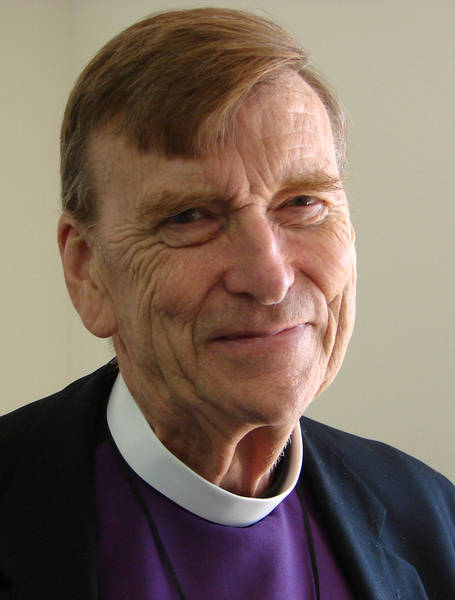


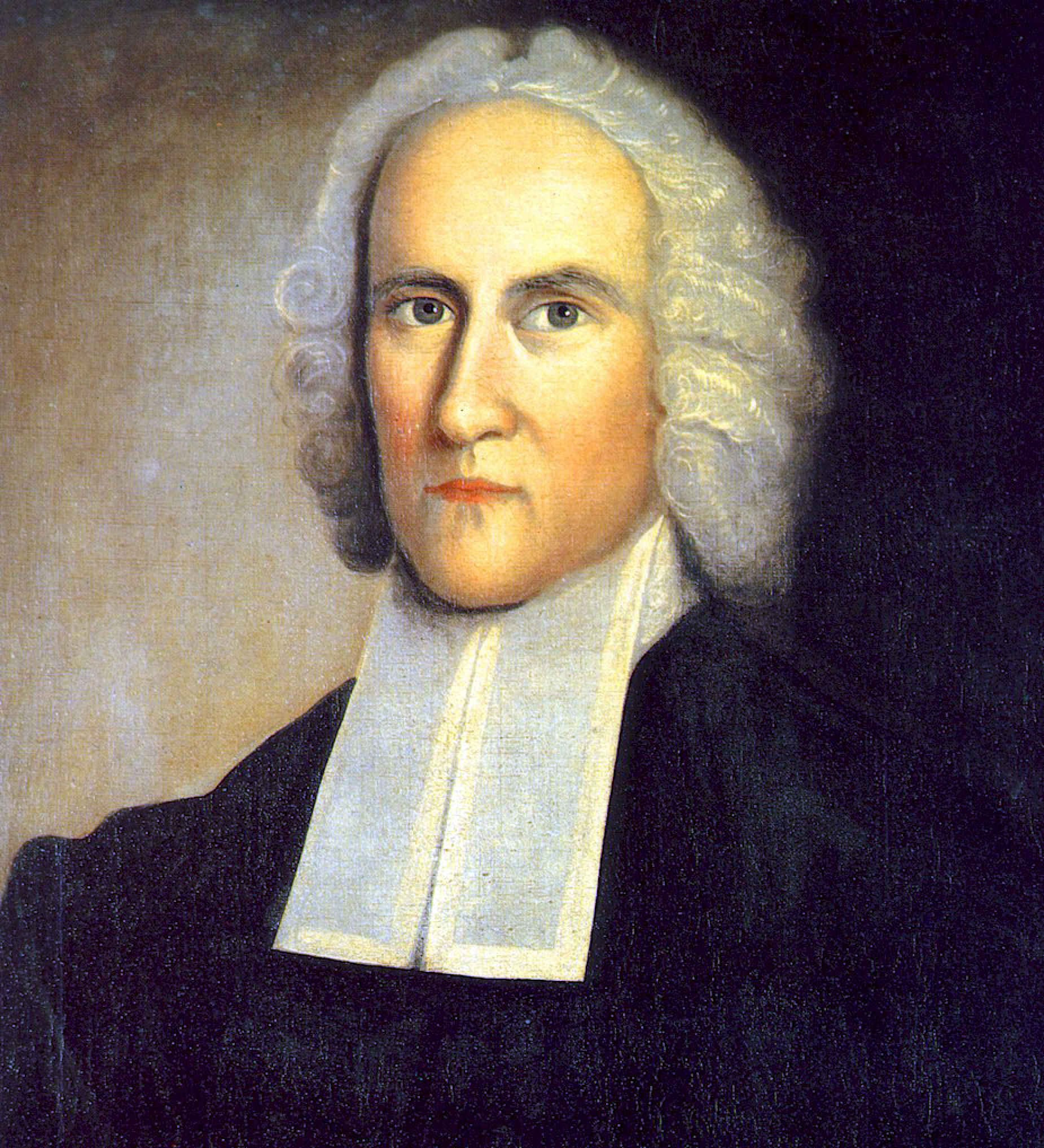
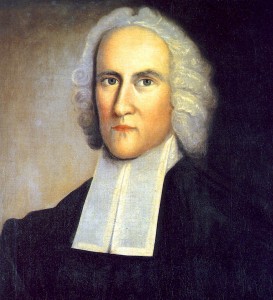 “Two things urgently needed in ministers, if they would attempt great advances for the kingdom of Christ, are zeal and resolve. Their influence and power for impact are greater than we think. A man of ordinary abilities will accomplish more with zeal and resolve than a man ten times more gifted without zeal and resolve. . . . Men who are possessed by these qualities commonly carry the day in almost all affairs. Most of the great things that have been done in the world, the great revolutions that have been accomplished in the kingdoms and empires of the earth, have been primarily owing to zeal and resolve. The very appearance of an intensely engaged spirit, together with a fearless courage and unyielding resolve, in any person that has undertaken leadership in any human affair goes a long way toward accomplishing the intended outcome. . . . When people see a high degree of zeal and resolve in a person, it awes them and has a commanding influence upon them. . . . But while we are cold and heartless and only go on in a dull manner, in an old formal round, we will never accomplish anything great. Our efforts, when they display such coldness and irresolution, will not even make people think of yielding. . . . The appearance of such indifference and cowardice does, as it were, provoke opposition.”
“Two things urgently needed in ministers, if they would attempt great advances for the kingdom of Christ, are zeal and resolve. Their influence and power for impact are greater than we think. A man of ordinary abilities will accomplish more with zeal and resolve than a man ten times more gifted without zeal and resolve. . . . Men who are possessed by these qualities commonly carry the day in almost all affairs. Most of the great things that have been done in the world, the great revolutions that have been accomplished in the kingdoms and empires of the earth, have been primarily owing to zeal and resolve. The very appearance of an intensely engaged spirit, together with a fearless courage and unyielding resolve, in any person that has undertaken leadership in any human affair goes a long way toward accomplishing the intended outcome. . . . When people see a high degree of zeal and resolve in a person, it awes them and has a commanding influence upon them. . . . But while we are cold and heartless and only go on in a dull manner, in an old formal round, we will never accomplish anything great. Our efforts, when they display such coldness and irresolution, will not even make people think of yielding. . . . The appearance of such indifference and cowardice does, as it were, provoke opposition.”